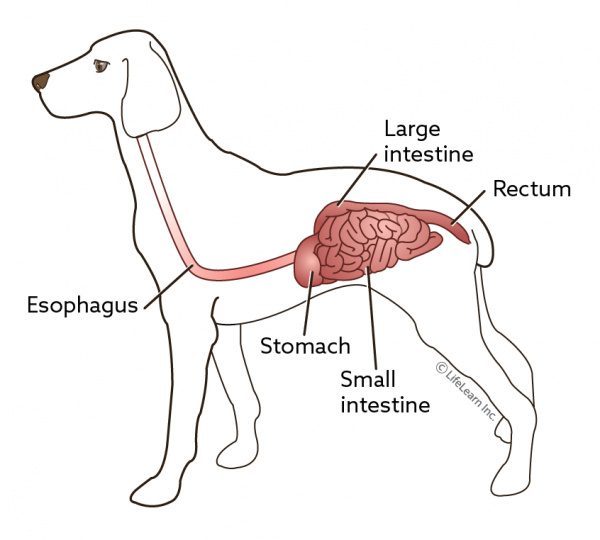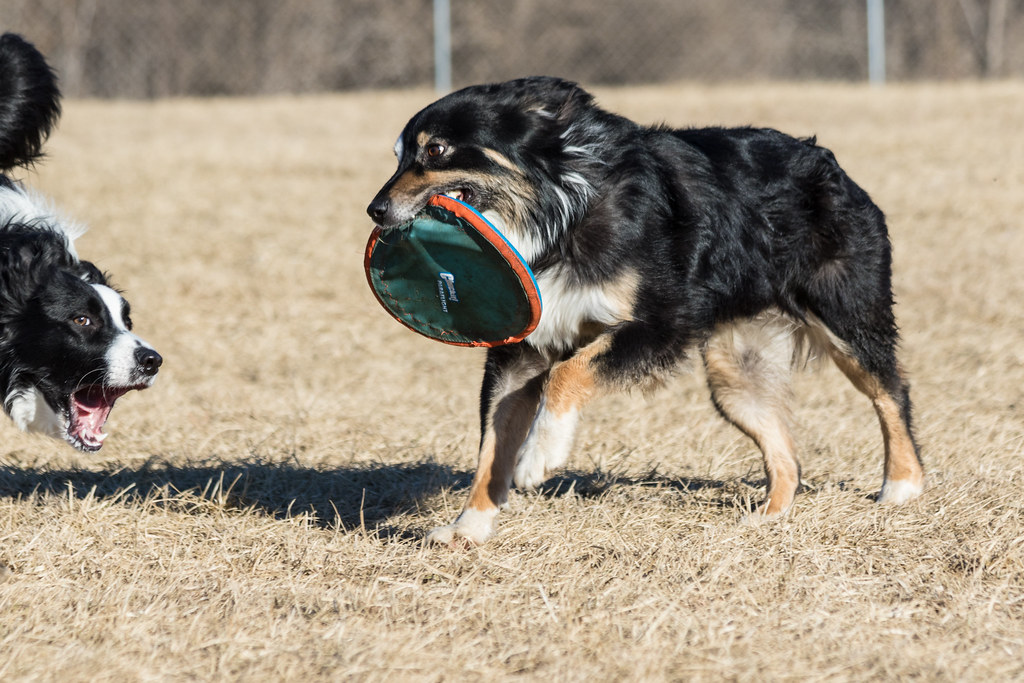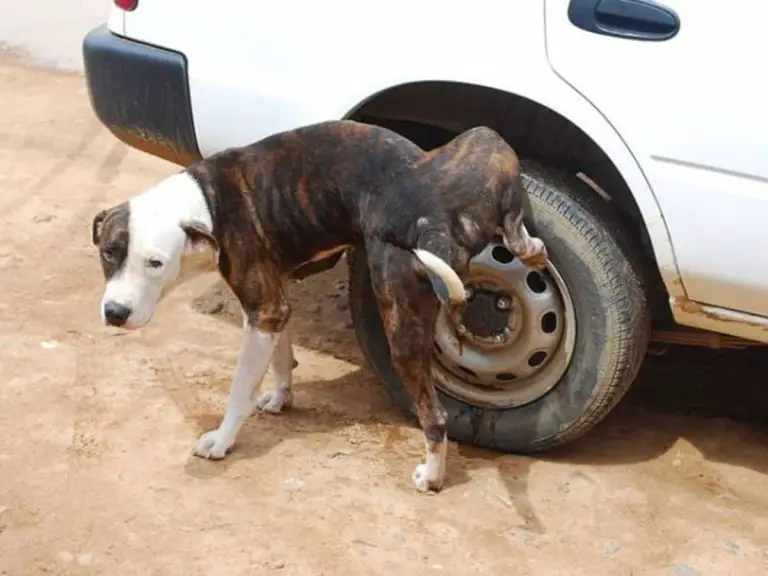As a responsible dog owner, you know your pet’s bathroom habits, so you will be the first one to notice when it falls off its regular routine. If the morning walks are getting longer and they produce no results, it probably means that your furry friend is constipated. This problem appears frequently in a dog’s life and it usually represents only a minor health problem or even just a change in diet. But if it persists, it should not be ignored, because constant constipation can cause serious health problems.
Constipation is defined as the inability to defecate normally. Some dogs may exhibit different symptoms, most frequent being the elimination of mucus when trying to poop. Other signs are rectal tenesmus (straining to defecate with only a little amount of feces coming out, which may even be mixed with blood), dyschezia (painful or difficult defecation), two or more days without a bowel movement, vomiting, lethargy, lack of appetite.

Here are some of the main reasons why your dog may be constipated:
- dehydration
- age: elderly dogs are more prone to constipation
- enlarged prostate gland
- blocked, inflamed or abscessed anal sacks
- tumors, polyps or congenital malformations that can cause obstructions
- lack of activity: sedentarism is associated with slower transit
- trauma to the pelvis, spinal disease or injuries
- drugs’ side effects (opiates, diuretics, antihistamines, antiacids, cancer drugs)
- hernias
- kidney disease
- swallowing objects that are not easy to digest or cannot be digested at all, such as a piece of dry bone, stones or toys.diet: lack or insufficient amount of fiber is often the problem
What you need to do, in the first place, is to determine the severity and the cause of your dog’s constipation. You should keep in mind that some of our fury buds suffer from chronic constipation, especially as they get older. But if it is experiencing a significant discomfort, vomiting, not eating, lethargy or it hasn’t pooped for more than three days, you should visit your vet.
Treatments That Works
If the veterinarian says that physically your friend is all right, but it is usually confronting with constipation, you should learn how to treat this problem at home and how to prevent it. You will find that there are quite a few home remedies that might get things “moving” again. Common treatments include:
Hydration
add some moisture to your dog’s diet. Either change the dry food with wet one (the moisture of canned food may improve the digestion) or mix the dry food with a few drops of water. Also, make sure that your friend has access to fresh water whenever it wants
Increasing Exercise
Physical activities increase bowel movements, because they stimulate natural contractions of the intestinal muscles. You should keep in mind that it is better to wait an hour after a meal before taking your dog out for a run. You can find some pleasant activities for both you and your buddy, such as swimming, running, playing with balls or walking, so that you can have a good time while your pet is doing some exercise
Increasing your Dog’s Fiber Intake
Brown rice is a good source of fiber for dogs. Please also see The Shocking Truth About Can Dogs Eat Brown Rice
Add ingredients with high fiber content, such as canned pumpkin, wheat bran, sweet potatoes, steamed green beans etc. Also, you should avoid foods like bread, chocolate, cookies and ice cream because they can worsen constipation
Add Some Oil
You can try to mix 1 tsp. of olive oil, coconut oil or fish oil with your dog’s food for up to one week. But be careful never to administrate it orally, because it could accidentally end up in your friend’s lungs and cause pneumonia
Add a Stool Softener or Other Laxative Agent
Make a Routine by Grooming Your Dog
Because feces can become matted in the dog’s hair around the anus. Also, your pet will swallow its hair if it grooms itself. Both of these situations can cause constipation
Neutering
Neutering your male dog while it is still young will prevent the growth of the prostate, which can be a reason for constipation.
Just like humans, some of our four-legged friends may suffer from chronic constipation. Put to the test some of the tips presented above, and see which one is best in improving its digestion. Try to keep in mind though, that if the problems persist for more than three days, it would be best to consult a qualified veterinarian for an appropriate opinion.









